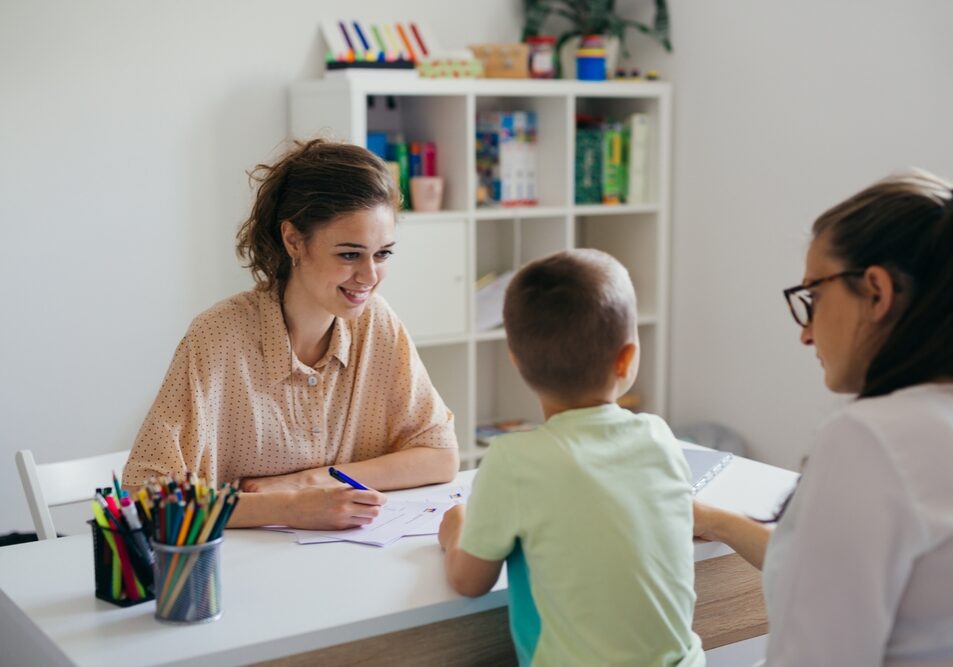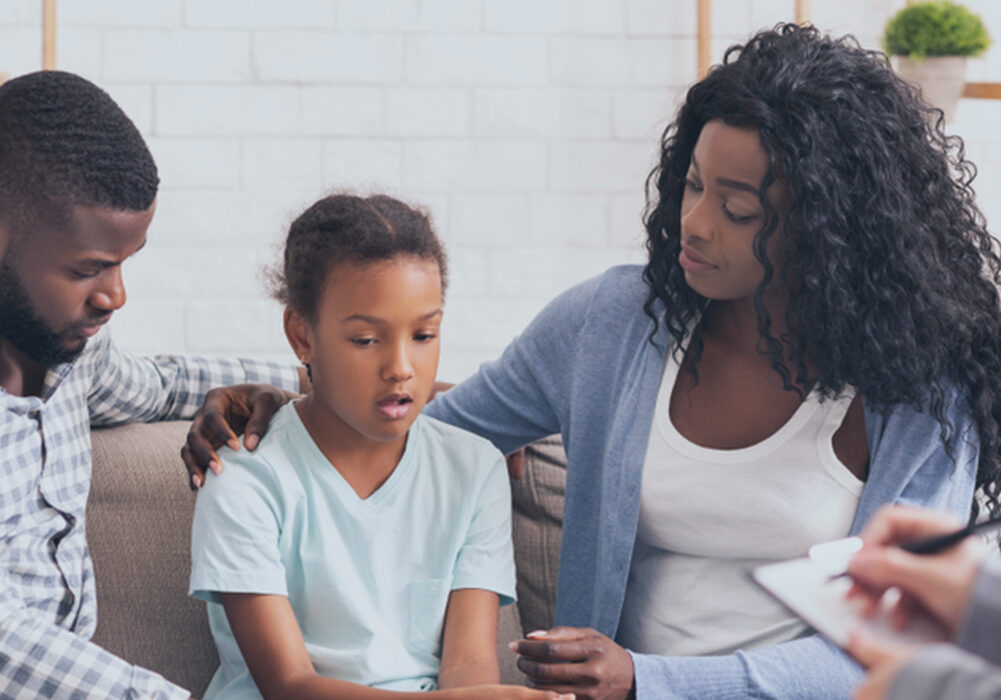Ages 1-5
Early childhood can be such a challenging time! Do you find yourself wondering how anyone gets through it? You are far from alone. Through tantrums, finding independence, sleep challenges, and developmental changes it can be a confusing time to navigate. We are also in a time of information overload so navigating through the resources is quite challenging.
We can help to assess for developmental concerns and emerging neurodiversity. With training in use of the M-CHAT and the Childhood Autism Rating Scale (CARS-2) we can help identify if Autism is present for children under five. Similarly, if a child is exhibiting symptoms of ADHD but too young for assessment or medication intervention we can support with school and home interventions.
There are times when a parent may feel that it would be most helpful to observe a child in the pre-school/daycare setting. We are happy to help with this in order to provide comprehensive feedback and support with interventions in the school. Please inquire for more information.


Ages 6-12
At TLC Wellness, we know how much can go on during these years of change and growth. Our approach is all about creating a supportive space where children can openly express themselves. We help kids navigate challenges, whether they’re dealing with school, family changes, or emotions. Our goal is to build resilience, boost confidence, and set the stage for a positive emotional foundation that lasts into their teenage years and beyond. This is such a unique time in life in which a child is finding their way as an independent but still heavily reliant on parents/caregivers.
Ages 13-18
Teenagers may seek therapy for a variety of reasons, including:
- Mental Health Concerns: Anxiety, depression, or other mental health disorders that affect their well-being.
- Academic Stress: Overwhelming pressure related to school, exams, or future career decisions.
- Peer Relationships: Struggles with peer dynamics, bullying, or challenges in forming and maintaining friendships.
- Family Issues: Difficulties in communication, conflicts, or changes within the family structure.
- Identity Exploration: Questions related to self-identity, gender, or sexual orientation.
- Trauma: Exposure to traumatic events, such as abuse, accidents, or loss.
- Substance Abuse: Issues related to drug or alcohol use.
- Life Transitions: Coping with major life changes, like divorce, relocation, or the loss of a loved one.
- Self-Esteem Issues: Struggling with self-worth, body image concerns, or feelings of inadequacy.
- Behavioral Issues: Acting out, defiance, or engaging in risky behaviors.
We are here for the above and beyond. Please inquire today.

Childhood Anxiety FAQs
Childhood Anxiety is a when a child experiences a feeling of fear, dread, or uneasiness. It can have psychical symptoms such as sweating, feeling tense or restless, and irregular/fast heartbeat. It is normal to have anxiety, but for children with an anxiety disorder this feeling of fear or worry is not temporary, it can stay for longer or gets worse over time. These symptoms can begin to interfere with everyday life including family, friendships, and school performance.
Anxiety can look individualized and different for every child, but the most common symptoms include:
- Excessive worry or emotions than other children their age
- Physical symptoms including upset stomach, headache, or muscle aches
- Difficulty sleeping
- Difficult sitting still or relaxing
- Irritability
- Trouble focusing
- Excessive hunger, or lack of desire to eat
- Refusal to attend school or required activities
- Constant bathroom usage
- Death of a loved one
- Life changes (moving to a new house, going to a new school, being away from parents or guardians)
- Parents or guardians who argue excessively, divorce or parent separation,
- Children who are adopted or have experienced significant trauma in their lives
- Difficulty making friends or getting along with others
- Bullying, abuse, or neglect
- Genetic or family history
Social Anxiety can be a type of anxiety experienced by children with anxiety. Social Anxiety is an intense, persistent fear of being watched and judged by others. This feeling of fear can occur doing everyday activities including meeting new people. Being on a job interview, dating, making friends, interacting with others at work or school, eating and drinking in public, using public restrooms. This feeling of anxiety and fear can be so intense and cause individuals to feel their life is not in their control and can cause individuals to freeze in uncomfortable situations, or not be able to engage in these activities in general. They may avoid people and social situations, shirk their responsibilities, not attend job or school, and the worry may compound over time.
Anxiety is usually treated with psychotherapy and can also be treated with medications. Psychotherapy is talk therapy with involves working with a therapist. There are different treatment options including Cognitive Behavioral Therapy (CBT), talk therapy, Dialectic Behavioral Therapy (DBT), as well as support groups available. The goal of therapy is to build confidence and learn skills to help the individual manage situations that cause them to feel anxious.
Cognitive Behavioral Therapy (CBT) is one of the most effective forms of psychotherapy for anxiety disorders. Tit has demonstrated effectiveness for problems including depression, anxiety disorders, alcohol and drug disorders, substance abuse disorders. CBT focuses on teaching skills to help improve their mental health symptoms and find new ways of thinking. CBT involves efforts to change thinking patterns, manage disorder and irrational thinking, gain a better understanding of our behaviors and motivation for our actions, and using problem-solving skills to cope with difficult situations.
CBT has shown significant improvements in people’s functioning and quality of life, and can involve learning to develop greater autonomy, a greater sense of self-confidence, and skills to manage problematic situations.
Ready to take the next step?
Schedule A Free Consultation with us today! Let's discuss how we can bring your vision to life. Click the link to book a time that works best for you.
